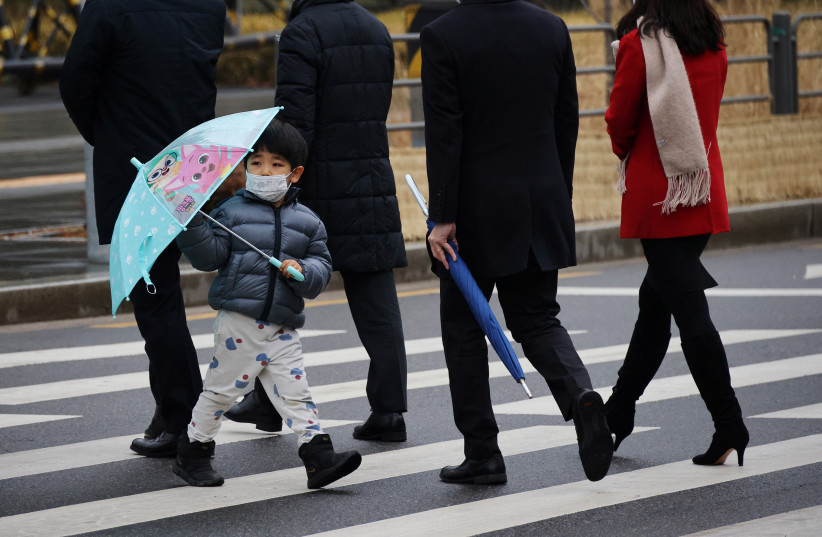South Koreans will become either one or two years younger after parliament passed laws on Thursday to scrap the East Asian country's traditional method of counting ages.
In the previous system, Koreans were deemed to be a year old when born and a year is added every January 1, meaning a baby born on December 31 was considered two years old only one day later.
Now, South Korea is set to adopt the international standard, which will see every Korean gain a year or two of their lives on official documents.
A separate system also exists for conscription purposes or calculating the legal age to drink alcohol and smoke, in which a person's age is calculated from zero at birth and a year is added on January 1. Since the early 1960s, however, South Korea has for medical and legal documents also used the international norm of calculating from zero at birth and adding a year on every birthday.
The changes are set to take effect in June 2023.

Yoo Sang-bum, of South Korea's ruling People Power Party, said that the bills passed are an attempt at "reducing unnecessary socio-economic costs. The legal and social disputes, as well as confusion, persist due to the different ways of calculating age," he told South Korean parliament.
South Koreans support moving away from tradition
Over four-in-five South Korean citizens (81.6%) agreed the system should be scrapped in a poll conducted earlier this year by the South Korean government legislation ministry. Furthermore, 86.2% of South Koreans said that they would use the universal system in their daily lives if the bills are passed, according to the government poll.
Jeong Da-Eun, a 29-year-old office worker, is happy about the change, saying she has always had to think twice when asked overseas about her age.
"I remember foreigners looking at me with puzzlement because it took me so long to come back with an answer on how old I was.
"Who wouldn't welcome getting a year or two younger?" she added.
Reuters contributed to this report.
